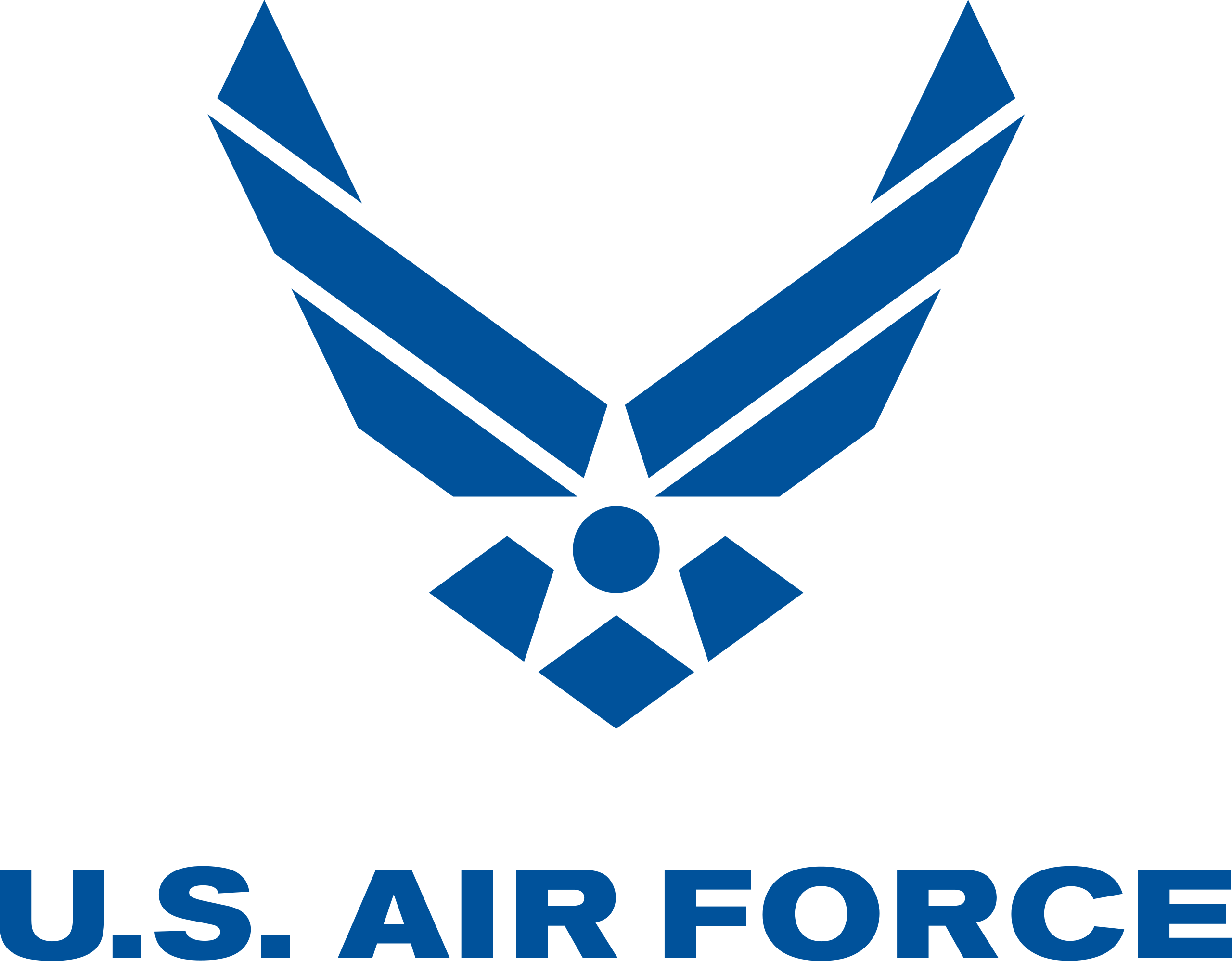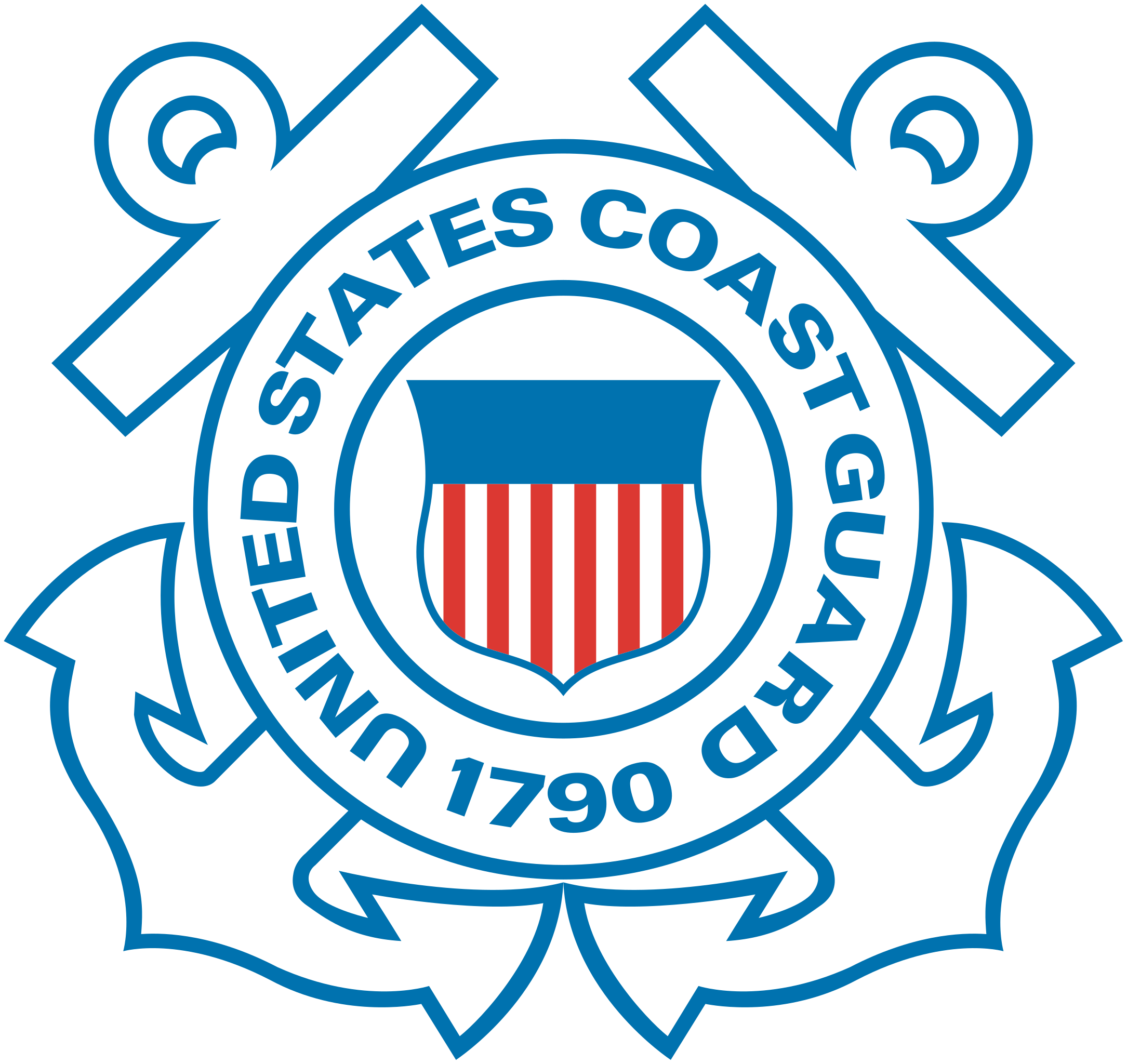Human Factors Engineer/Human Systems Integration Officer
Summary
Human Factors Engineers ensure that Space Force systems are designed with human capabilities and limitations in mind. They apply knowledge of human psychology, physiology, and cognition to optimize human-machine interfaces for space operations. These officers play a critical role in maximizing Guardian performance and minimizing human error in complex space systems.
Career Categories
- Engineering
- Research
Qualifications
- Four-year degree in Human Factors Engineering, Cognitive Science, Psychology, or related field.
- Minimum GPA of 2.5.
- Completion of Officer Training School, ROTC, or a service academy.
- Security clearance eligibility.
- Must be a U.S. citizen.
- Must be between the ages of 18 and 39.
Duties
- Design human-machine interfaces for space systems.
- Evaluate system usability and human performance.
- Develop guidelines for human-centered design.
- Integrate human factors considerations into acquisition programs.
- Conduct research on human performance in space operations.
- Ensure systems are compatible with Guardian capabilities.
Training & Education
How do we transform you from a raw recruit to an expert Guardian in this field? From hands-on experience to college credit toward a degree, the path begins here.
Human Factors Engineers receive specialized training in cognitive psychology, systems engineering, and usability evaluation. The curriculum includes human-computer interaction, workload assessment, and human performance measurement. Officers develop the expertise needed to ensure space systems are optimized for human operators.
Training Duration
- 10 weeks of training
- 3 months of training
 USMC
USMC NAVY
NAVY AIR FORCE
AIR FORCE ARMY
ARMY COAST GUARD
COAST GUARD SPACE FORCE
SPACE FORCE